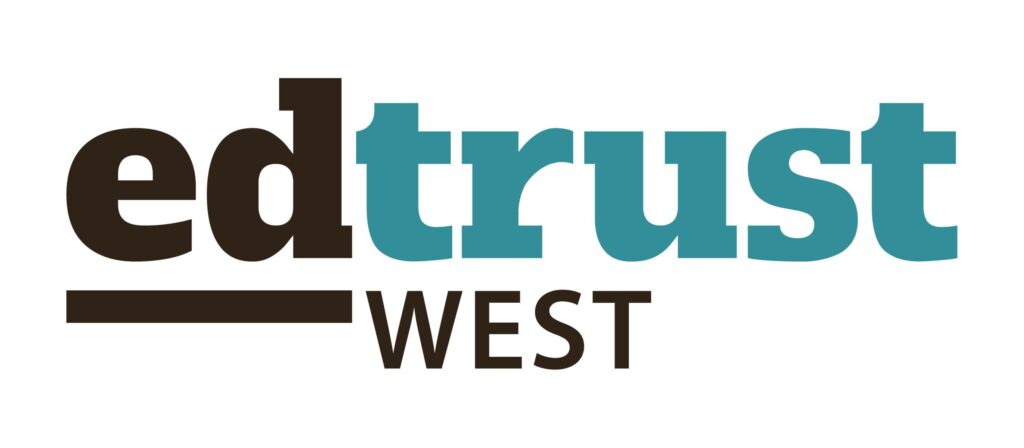For the Local Control Funding Formula (LCFF) to fulfill its promise of closing opportunity and achievement gaps, stakeholders – especially those advocating for English Learners, foster youth and low-income students – must actively engage in the Local Control and Accountability Plan (LCAP) process. In order to support advocates in this work, The Education Trust-West provides updates and a number of LCFF- and LCAP-related resources.
Below are the most recent updates local advocates should know about, along with a set of toolkits and guides to support local engagement. These resources include:
- Learning the Ropes: Equity Opportunities in California Education Funding and School Accountability – PowerPoint presentation
- LCAPWatch.org – library of approved LCAPs for all California districts and LCAP-related resources
- LCFF: Just the Facts – one-page flyer
- Making Sense out of Dollars and Cents: Understanding District Budgets – toolkit website
New Developments in LCFF – February 2018
Modified LCAP
2018-19 marks the second year districts will use the revised LCAP. This version of the LCAP includes an introductory summary with:
- A general description of the district
- Discussion of progress and areas of improvement
- Description of wide achievement gaps and how the district plans to address them
- A summary of the district budget
The latest LCAP also has a link to the district’s California School Dashboard, which shows how each school and district is performing on measures like graduation rates, math and English test scores, suspension rates, and chronic absenteeism.
Along with these changes, the latest LCAP includes better instructions on – and a box for – providing a specific reference to districts’ budgets for each LCAP expenditure.
Want to see your district’s LCAP? Visit LCAP Watch, where you can find the latest LCAPs for all of California’s districts.
Districts Identified for Support, Beginning of the Improvement Process
This is the first year that the state is identifying low-performing districts, and that county offices of education will provide technical assistance to these districts to support improvement. Districts are identified for support if they have at least one student group that is struggling on two or more indicators.
Ways in Which Districts Are Identified for Support, as of Fall 2017
To start the improvement process, county offices will be supporting districts in analyzing the root causes of low performance, and assessing what districts needs are to improve. Parents, students, teachers, community advocates, and other district stakeholders should be involved in these processes to ensure they are thorough and accurate in diagnosing district challenges.
Want to learn more about how the state is identifying districts for improvement? Wondering if you district has been identified? Read our recent Equity Alert.
Budget Transparency
In his January proposal for the California 2018-19 state budget, Governor Brown proposed requiring districts to show how their budget expenditures align with their LCAPs. Depending on the details of this proposal, it could significantly increase the ability of stakeholders to see how spending on district services supports students who generated the additional funds. We’re hopeful that this proposal will offer meaningful, accessible information to stakeholders on how much each district and school is spending and how that money is being used to support equitable outcomes.


